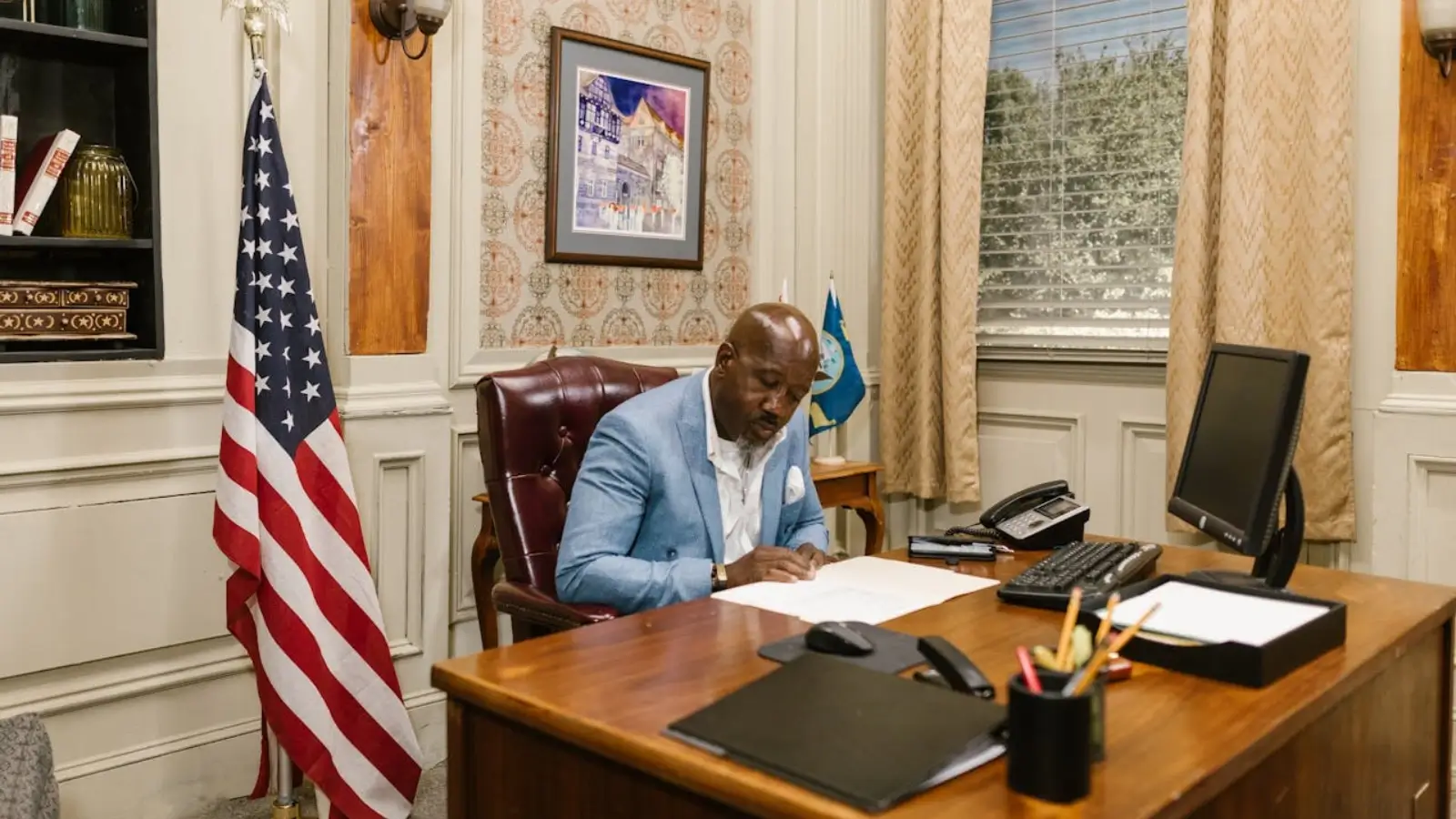Being a landlord comes with many responsibilities, especially when it comes to legal compliance. Whether you rent out one property or several, keeping up with current regulations is essential. From safety inspections to Fire Risk Assessments London landlords must ensure they meet all legal obligations. Failure to follow the law can lead to serious consequences, including fines and legal action. This blog will guide you through the key legal obligations every landlord must meet to stay compliant and protect both tenants and properties.
Understanding the Importance of Legal Compliance
When you let out a property, you are entering into a legal relationship with your tenants. The law is designed to ensure safety, fairness, and transparency for everyone involved. By meeting legal standards, you reduce risks, build better relationships with tenants, and avoid disputes that can be costly in the long run. Staying compliant also helps maintain the value of your property and builds your reputation as a responsible landlord.
Tenancy Agreements and Documentation
One of the first legal steps is to provide a written tenancy agreement. This document should clearly outline the terms and conditions of the tenancy, including rent amount, payment dates, responsibilities for repairs, and the notice period for ending the tenancy. In most cases, an assured shorthold tenancy (AST) agreement is used.
You must also give tenants a copy of the How to Rent guide issued by the government. This ensures tenants are aware of their rights and responsibilities from the start. Without this, you could lose the ability to serve a Section 21 notice to regain possession of the property.
Protecting the Tenant’s Deposit
If you take a security deposit from a tenant, it must be protected in a government-approved tenancy deposit scheme. This is a legal requirement. You must also provide your tenant with certain details, known as prescribed information, about where and how their deposit is protected. This must be done within 30 days of receiving the deposit. Failure to do this can result in a fine of up to three times the deposit amount and difficulties regaining possession of your property.
Safety Certificates and Inspections
As a landlord, you are legally required to ensure the safety of your tenants. This includes providing valid certificates and maintaining appliances in good condition.
Gas Safety Certificate
You must arrange an annual gas safety check carried out by a Gas Safe registered engineer. A copy of the gas safety certificate must be given to your tenant before they move in and updated every year.
Electrical Safety Certificate
Properties must have a valid Electrical Installation Condition Report (EICR) carried out at least every five years. This inspection should be done by a qualified electrician, and a copy must be provided to your tenants.
Energy Performance Certificate
An Energy Performance Certificate (EPC) must be provided to your tenant at the beginning of the tenancy. The property must have a minimum rating of E to be legally rented out. If your property falls below this, you are required to make improvements before renting it out.
Fire Safety Requirements
Fire safety is a major legal area that landlords must comply with. You must ensure that there are working smoke alarms on each floor of the property and carbon monoxide detectors in any room where there is a solid fuel-burning appliance, such as a wood stove.
You must test these alarms on the day the tenancy starts. It’s also your duty to ensure that all furniture and furnishings provided meet fire safety standards. If you let a House in Multiple Occupation (HMO), more detailed fire safety rules apply, including clear escape routes and possibly fire extinguishers and alarms.
Right to Rent Checks
Landlords in England are required to check that a tenant has the legal right to rent in the UK. This involves checking original documents, such as a passport or visa, in the presence of the tenant. You must keep a copy of the documents and note the date of the check. This step helps ensure compliance with immigration laws and avoids potential penalties.
Licensing Requirements
Some rental properties need a license from the local council. Mandatory licensing applies to large HMOs, but some councils have selective or additional licensing schemes for smaller properties or all rental homes in certain areas. You must check with your local council to see if your property requires a license. Letting a property without the required license is a criminal offence and can lead to heavy fines.
Repairs and Maintenance
You are legally responsible for keeping the structure and exterior of your property in good repair. This includes the roof, walls, windows, plumbing, heating, and electrical wiring. You must also ensure that the property is fit for human habitation. This means it should be free from serious hazards such as damp, mould, and poor ventilation.
Tenants have the right to live in a property that is safe and well maintained. If you ignore repair requests or fail to fix issues, your tenant can contact the council, which may issue an improvement notice or take legal action against you.
Data Protection and Privacy
If you handle tenants’ personal data, such as names, addresses, and bank details, you must comply with data protection laws. This means keeping data secure and using it only for lawful purposes. You should also respect your tenant’s privacy by giving at least 24 hours’ written notice before entering the property, unless it’s an emergency.
Eviction and Possession Notices
If you need to regain possession of your property, you must follow the correct legal procedures. For most assured shorthold tenancies, this involves serving a Section 21 or Section 8 notice. You cannot evict a tenant without a court order, and any attempt to do so illegally can result in legal penalties.
Before serving a Section 21 notice, you must have met all other legal requirements, such as protecting the deposit and providing safety certificates. Failure to comply with these conditions can invalidate your notice and delay the eviction process.
Staying Updated with Changes in Law
Laws and regulations for landlords can change frequently. It’s important to stay informed through reliable sources such as government websites, landlord associations, or property professionals. Keeping up with the law helps you avoid surprises and keeps your rental business running smoothly.
Conclusion
Legal compliance is a vital part of being a landlord. From safety checks and documentation to tenant rights and property maintenance, each step matters. Staying on top of your legal responsibilities not only protects you from fines and legal action but also helps create a positive experience for your tenants. By reviewing this checklist regularly and keeping up with changes in the law, you can be confident that you are meeting the required standards and operating your rental property the right way. If you want to stay updated with posts like this, please follow us on Business Outstanders.

















